The Historic Ritchie House
The moment freedom found a home.
It is believed to be the oldest house in Topeka and was a stop on the Underground Railroad. The Ritchies were radical abolitionists from Indiana and advocated to eliminate the word “white” from requirements for citizenship. Learn how the Ritchie’s and others sought to have Kansas become a free state in the times of the ‘ Bleeding Kansas ‘ era.
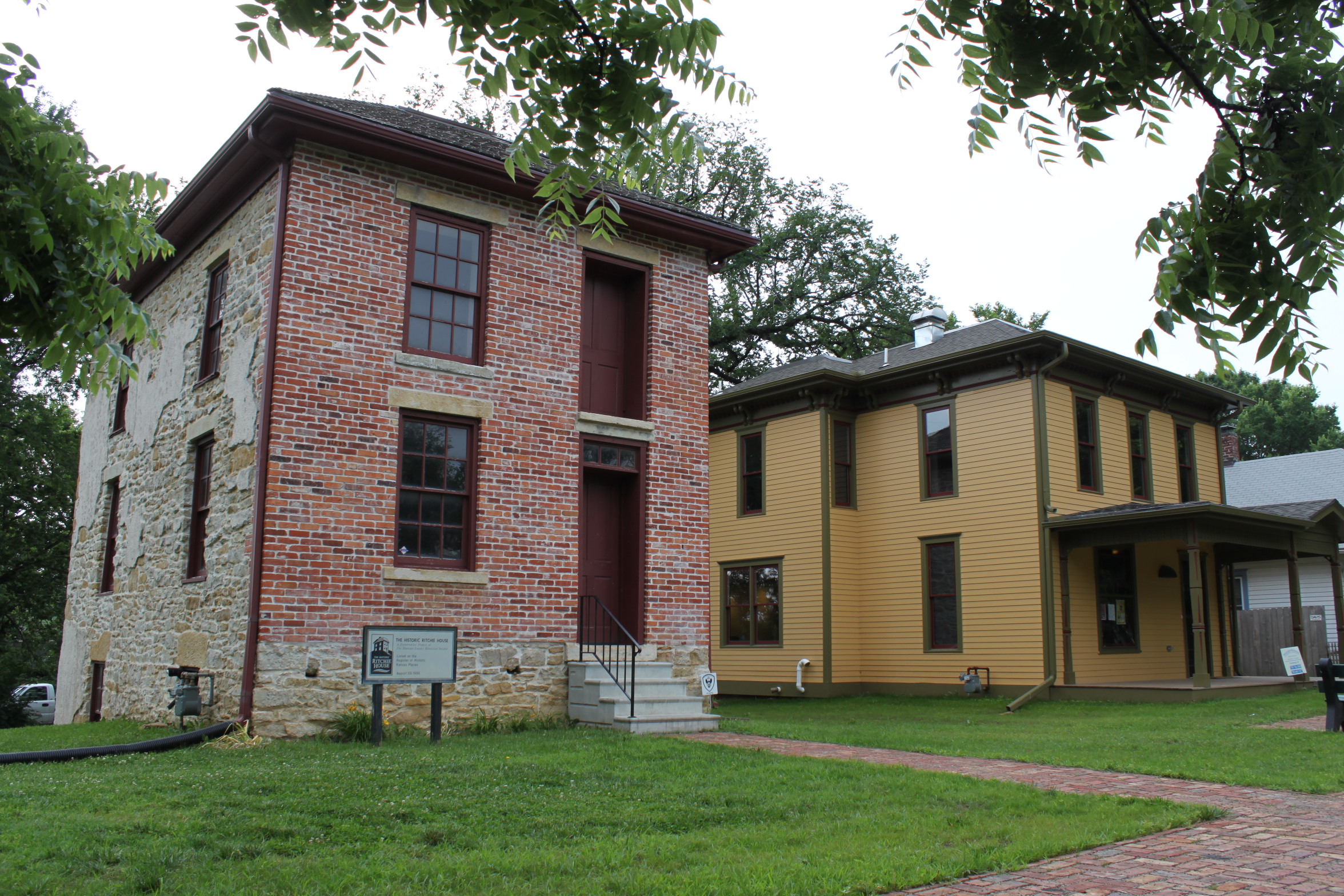
John Ritchie was born July 17, 1817 in Uniontown, Ohio but grew up in Franklin, Indiana where his father worked as a physician. Ritchie first came to Kansas in 1854 to survey cheap land to buy and eventually decided that he would settle near the Kansas River in the newly founded town of Topeka. After traveling back to Indiana for his wife and two children, Ritchie made his way back to Topeka in 1855 and purchased 160 acres in what is now the southeast part of the city. This 160 acres of land would eventually be known as “Ritchie’s Addition.”
At this time Topeka already was an established anti-slavery town and Ritchie intended on keeping it that way. In 1856, just a year after moving permanently to Topeka, Ritchie built some of the first stone buildings and houses in the city. His two-story limestone house, which still stands today, was a major “station” on the Underground Railroad, which helped slaves make it to the North, to freedom.
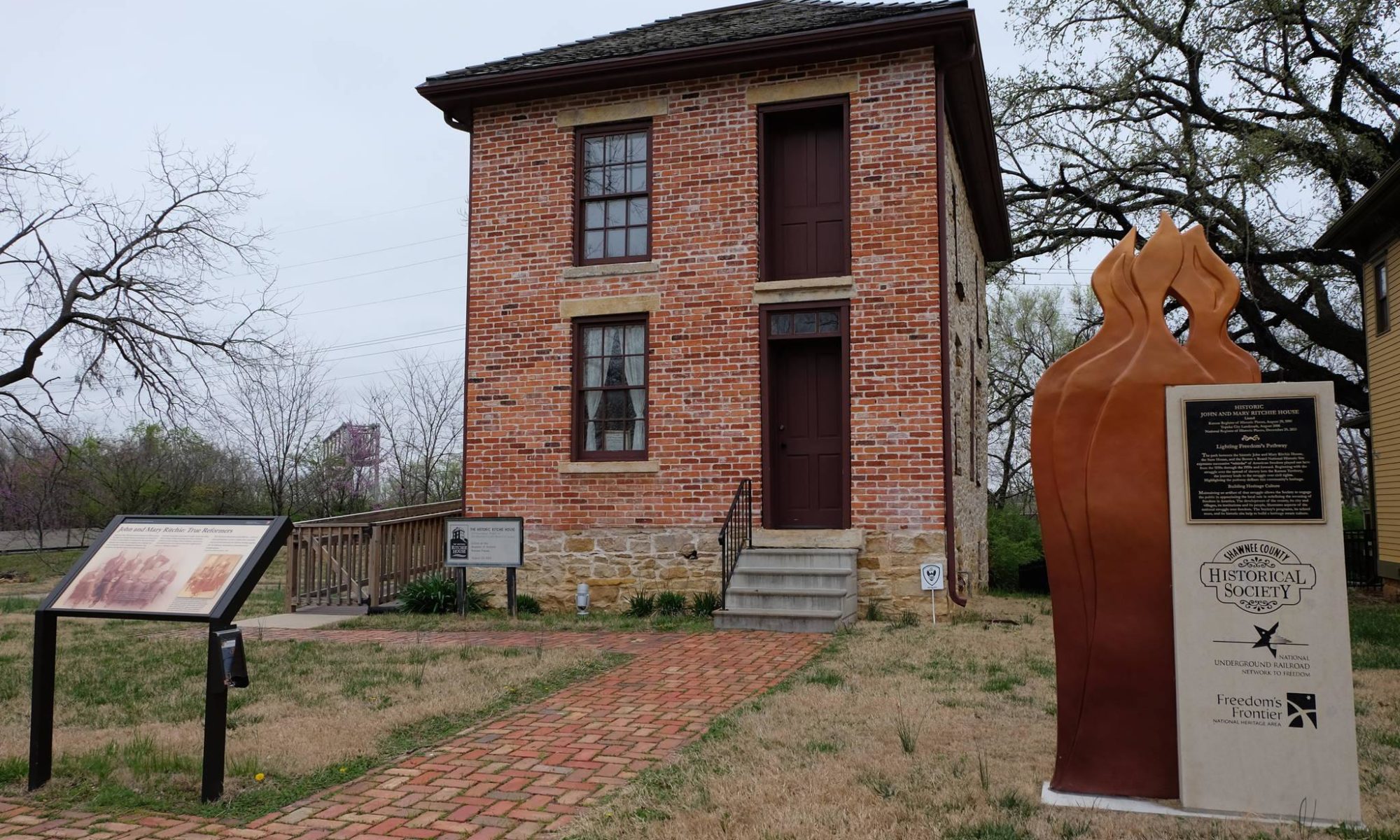
As more and more slaves escaped to freedom, John Ritchie and his wife, Mary Jane, became targets of pro-slavery forces. Ritchie also rode with a free-state militia, which captured goods from pro-slavery forces and used them to help free-state supports and runaway slaves. As the tension in the area escalated, it caught the eye of the Governor of Kansas Territory, who sent forces to arrest free-state supporters. In late 1856, Ritchie was arrested and imprisoned in Lecompton, Kansas, which at the time was the territorial capitol and a pro-slavery town.
Two months after his imprisonment, Ritchie escaped the Lecompton jail and fled to Indiana. He stayed in Indiana for nearly a year, until he was pardoned and returned to Topeka to join the fight once again. In the years leading up to the Civil War, Ritchie remained active as a free-state supporter and continued operating as a conductor of the Underground Railroad. He assisted the radical abolitionist John Brown in helping 11 slaves escape federal troops on their way to Nebraska. He also represented Topeka and the free-state movement at two constitutional conventions, one in Lecompton and the other in Wyandotte, where he argued against Kansas entering the Union as a slave-state. Eventually, the free-state supporters succeeded and Kansas entered the Union as a free state, just months before the start of the Civil War.
During the Civil War, Ritchie continued fighting against slavery as a member of the Union Army. He served in the Fifth Kansas Cavalry Regiment as a colonel, as well as a colonel of the Second Indian Home Guards Regiment. In the early part of 1865, Ritchie was given the rank of Brigadier-General. A few months later, the Confederate Army surrendered and the Civil War was over.
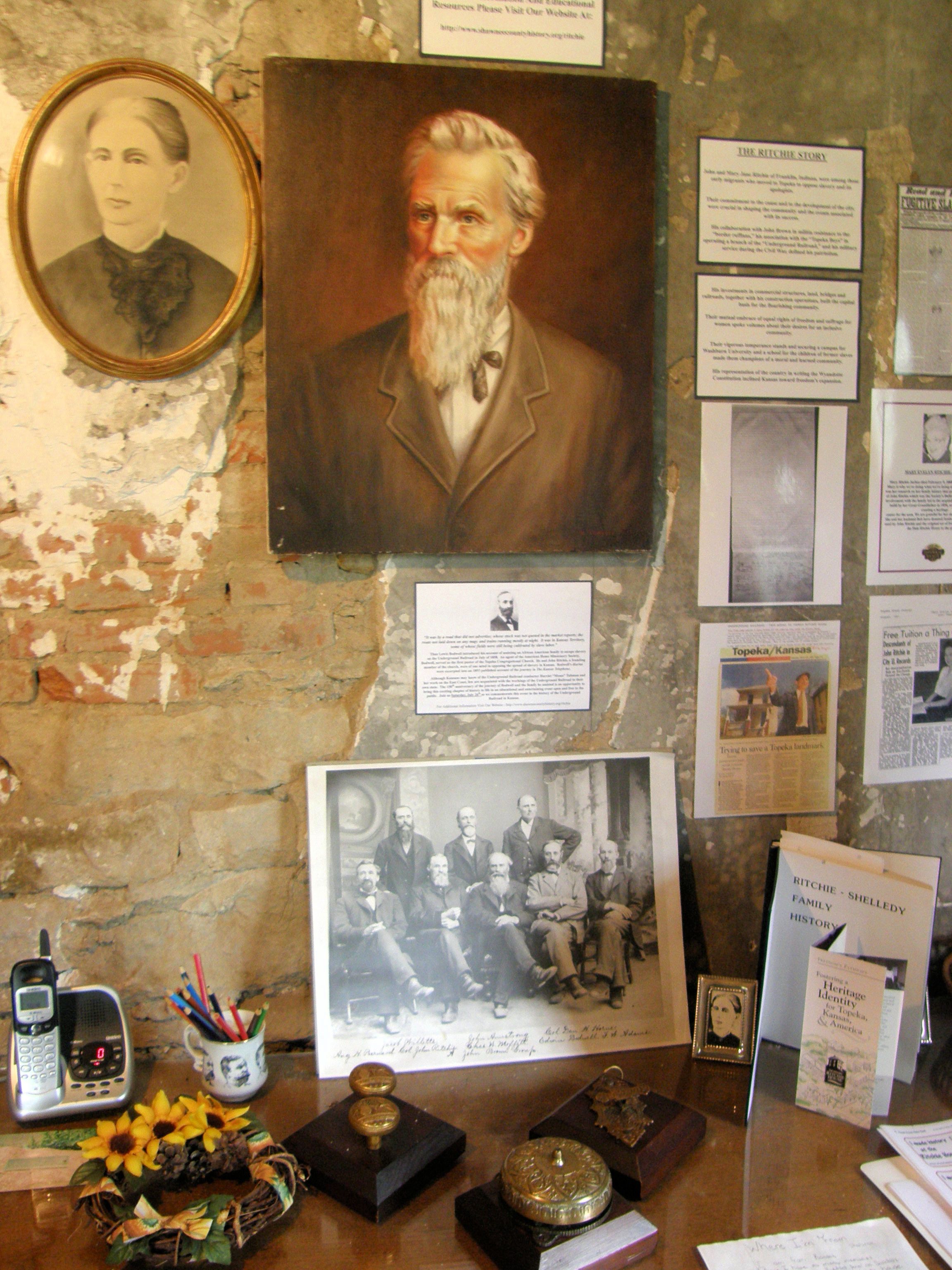
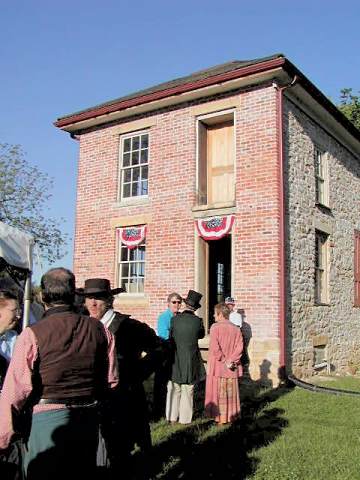
After the war, freed slaves from the south migrated north to more sympathetic lands. Ritchie, once again, offered his support by donating or selling land to African Americans looking to settle in Topeka. Eventually a school for the settlers was built on Ritchie’s land and would later become the Monroe School of the famous court case Brown v. The Board of Education. Ritchie also donated the land for a college in Topeka. Lincoln College, founded in 1865 and admitting men and women of all races from day one, is now Washburn University.
Ritchie was one of the most influential and prominent citizens during and after the founding of Topeka. He was an abolitionist, a philanthropist, a veteran and a conductor of the Underground Railroad. He fought for the rights of all men and women. Topeka wouldn’t be what it is today without people willing to sacrifice and John and Mary Ritchie are prime examples of the type of character that Topeka was founded on.
- America 250 In Topeka
- Attractions
- Arts & Culture
- Family Fun Getaways
- Outdoors
- Shopping
- Entertainment & Nightlife
- Casinos & Gaming
- Free Admission
- The Crossroads to Freedom
- History & Heritage
- Topeka PRIDE
- Sports & Recreation
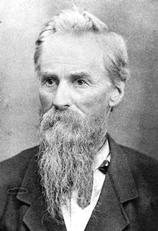
John Ritchie








